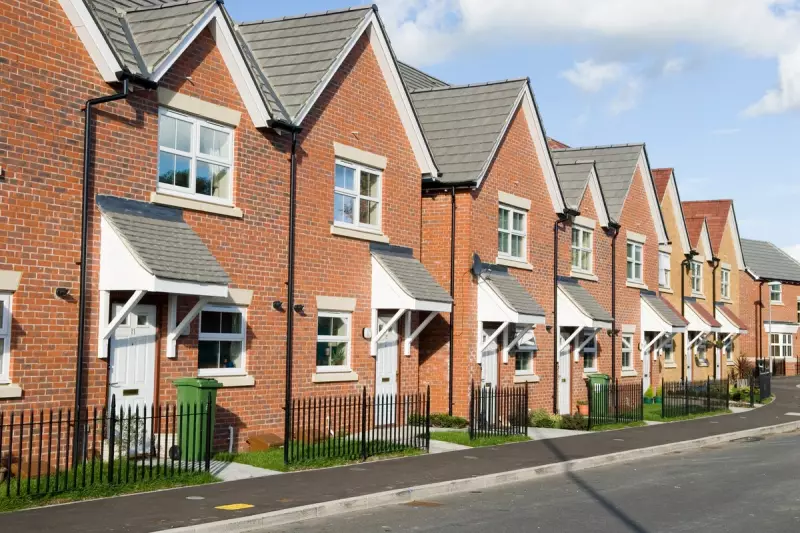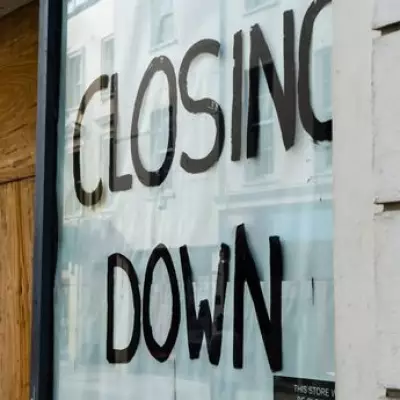
In a landmark announcement that signals a dramatic shift in Britain's approach to housing, Chancellor Rachel Reeves has declared war on the nation's chronic housing shortage. The Labour government is mobilising for what could become the most significant housebuilding programme in modern British history.
The 1.5 Million Homes Mission
At the heart of this ambitious agenda lies a bold target: constructing 1.5 million new homes across England during this parliamentary term. This isn't merely about numbers - it's about fundamentally reshaping communities and providing genuine opportunities for a generation locked out of the property market.
'The time for empty promises is over,' Chancellor Reeves declared with palpable determination. 'We will not hesitate to intervene directly to ensure these homes become reality, not just political rhetoric.'
Sweeping Planning Reforms
The government's strategy centres on what officials are calling 'the most comprehensive planning system overhaul in decades.' Key measures include:
- Restored housing targets that provide clear direction for local authorities
- Streamlined approval processes to slash bureaucratic delays
- Strategic designations for new towns and urban extensions
- Enhanced powers for mayors to drive development in their regions
Brownfield First, But Not Brownfield Only
While prioritising previously developed land remains central to the strategy, the government acknowledges that brownfield sites alone cannot solve the crisis. In a significant policy shift, ministers will selectively release less valuable 'grey belt' land - poor quality green belt that lacks environmental or aesthetic value.
This nuanced approach aims to balance environmental protection with practical housing needs, recognising that not all green belt land serves its intended purpose.
Economic Imperative
The housing drive forms a crucial component of Labour's broader economic growth strategy. As Reeves emphasised, 'You cannot achieve economic stability without building more homes. The two are fundamentally interconnected.'
The construction boom is expected to generate thousands of jobs, stimulate related industries, and help moderate the soaring housing costs that have burdened families and hampered economic mobility.
Implementation Timeline
Ministers are moving with unprecedented speed, with many reforms scheduled for implementation within weeks rather than months. The message from Whitehall is clear: the housing crisis demands immediate action, not prolonged consultation.
As one senior official put it, 'We're treating this with the urgency it deserves. The British people have waited long enough for solutions to the housing crisis.'





